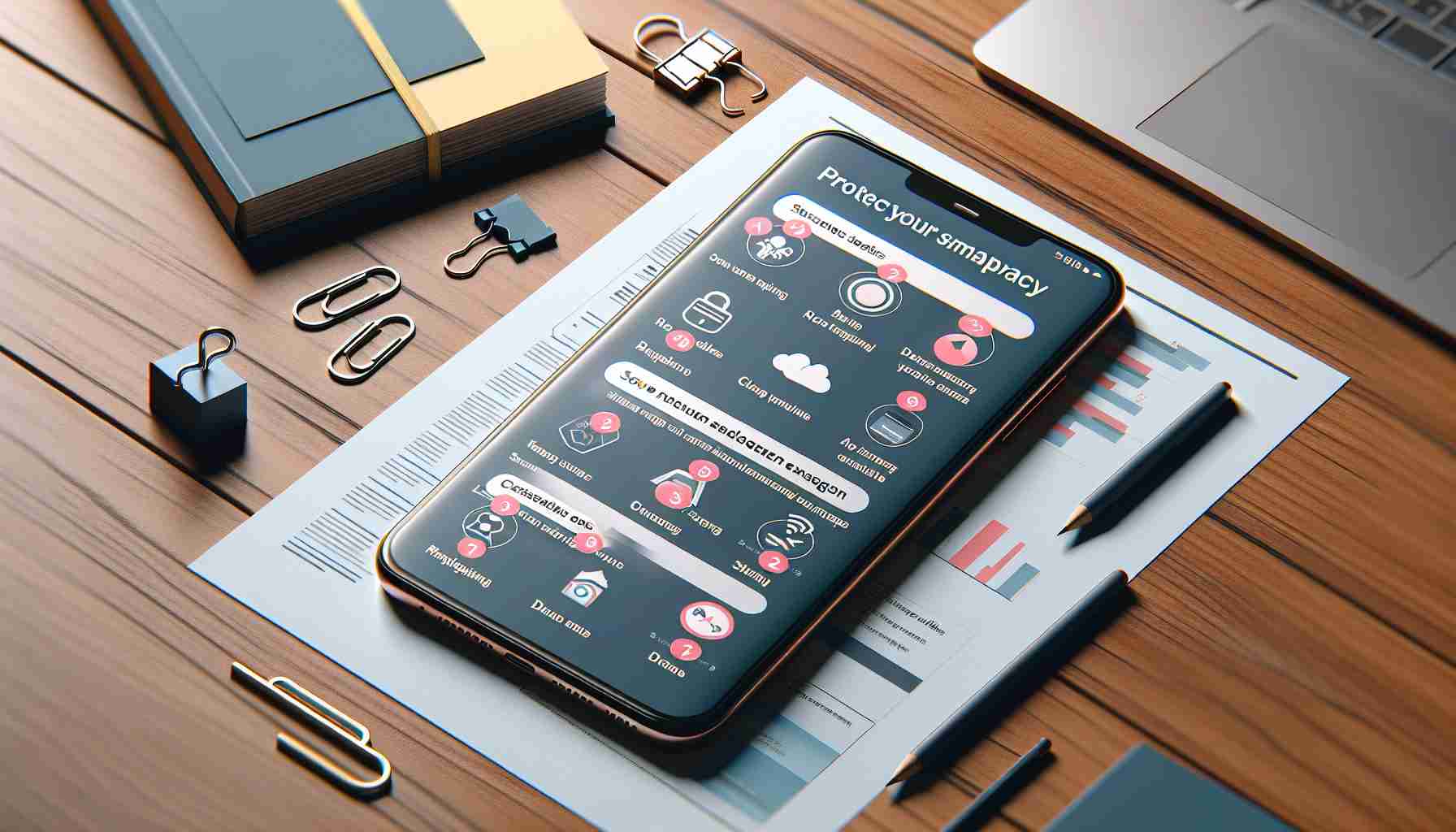Smartphone Security Alert: It’s crucial for smartphone users to monitor the transmission of data to safeguard personal information. Turning off geolocation when unnecessary is a key step in protecting your data. Certain apps that discreetly gather additional information pose a threat as developers can remotely control access to various phone functions, such as microphones and speakers. Moreover, online predators can exploit geodata to track users in real-time, often for commercial purposes like targeted advertising.
Optimizing Device Performance: Another reason to disable geodata is to conserve internet bandwidth and prolong your phone’s battery life. By reducing energy consumption and minimizing data usage, your smartphone can operate more efficiently.
Ensuring Secure App Usage: In light of recent warnings, experts advise users to monitor app data consumption to identify applications that covertly harvest user information. To protect against spyware, only download apps from official sources and thoroughly review the privacy policy, particularly the section on personal data disclosure. Stay informed and take proactive steps to safeguard your privacy while using smartphones.
Enhancing Smartphone Privacy and Data Usage Efficiency
Smartphone users face a multitude of challenges when it comes to safeguarding their privacy and optimizing data usage. Below are some additional key considerations and tips to further protect your personal information and conserve data on your device:
1. Can certain settings on my phone compromise my privacy?
Yes, apart from geolocation, other settings such as app permissions, background data usage, and cookies can pose risks to your privacy. It’s important to regularly review and adjust these settings to prevent unnecessary data collection.
2. What are the advantages of using a VPN on my smartphone?
Using a Virtual Private Network (VPN) can encrypt your internet connection, making it more difficult for hackers and agencies to intercept your data. A VPN also allows you to access geo-restricted content and enhance your online security.
3. How can I limit data usage while still enjoying an optimal smartphone experience?
Enabling data-saving modes on your apps, downloading content for offline use, and regularly clearing cache files can help reduce data consumption without compromising your smartphone’s functionality.
4. What are the potential risks of using public Wi-Fi networks on my smartphone?
Public Wi-Fi networks are often insecure, making it easier for cybercriminals to intercept your data. Avoid accessing sensitive information or making online transactions while connected to public Wi-Fi to mitigate these risks.
Advantages: By actively managing your smartphone settings and data usage, you can protect your privacy, extend your device’s battery life, and potentially save on data costs. These practices also contribute to a smoother and more efficient smartphone experience overall.
Disadvantages: Implementing strict privacy measures and data-saving techniques may sometimes restrict certain functionalities or conveniences on your smartphone. It may require additional effort and diligence to regularly update settings and monitor app behaviors to maintain optimal privacy and efficiency.
For more information on smartphone privacy and data management, you can visit Consumer Reports. They provide in-depth guides and reviews on various tech-related topics to help consumers make informed decisions. Remember, staying vigilant and proactive is key to protecting your smartphone privacy and maximizing data usage efficiency.























